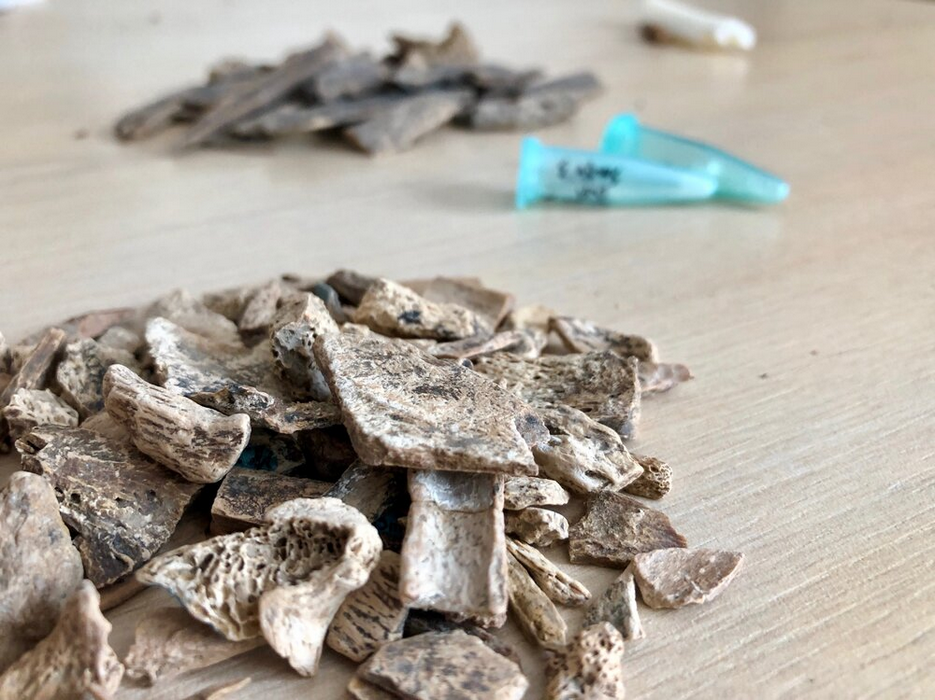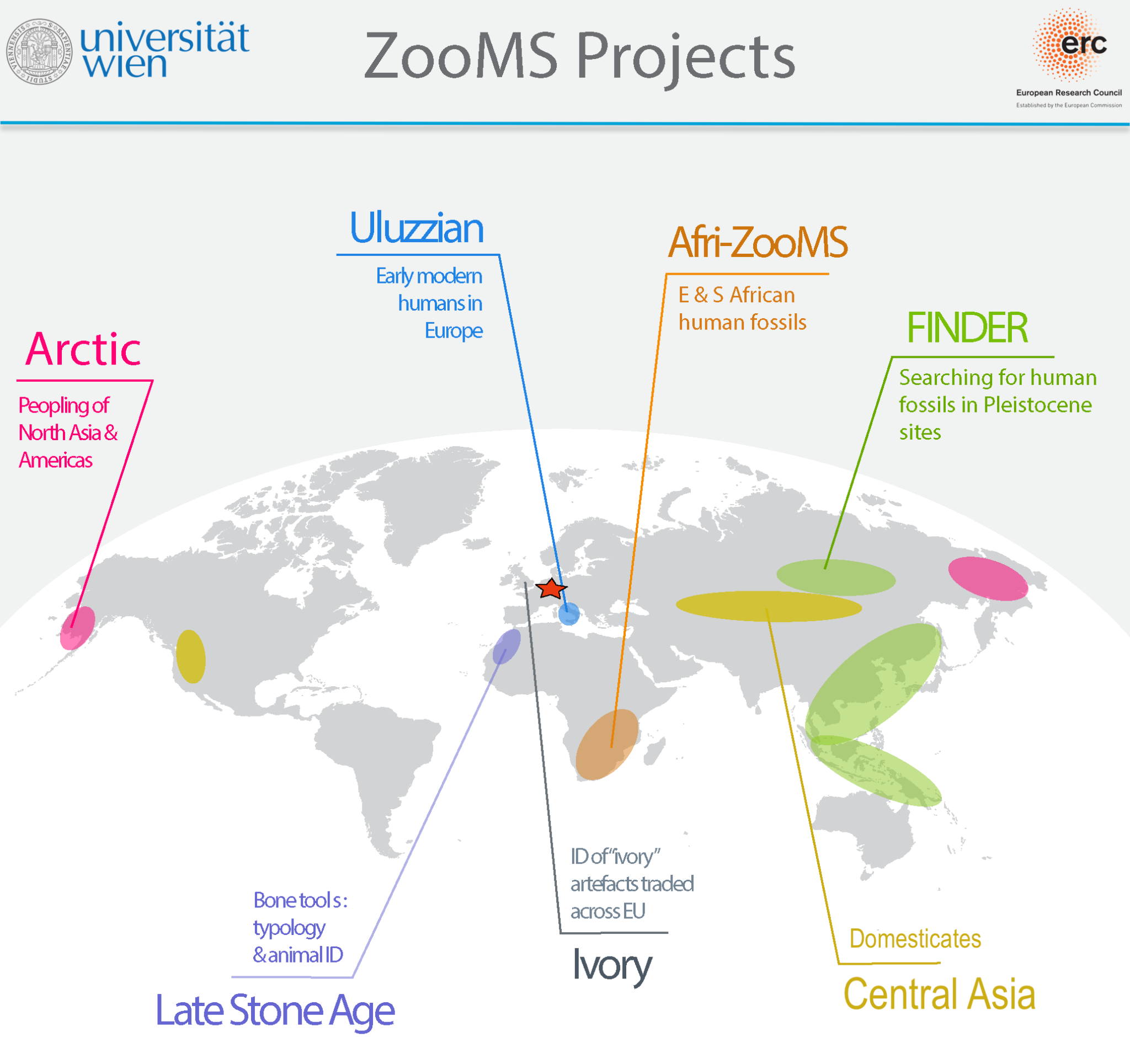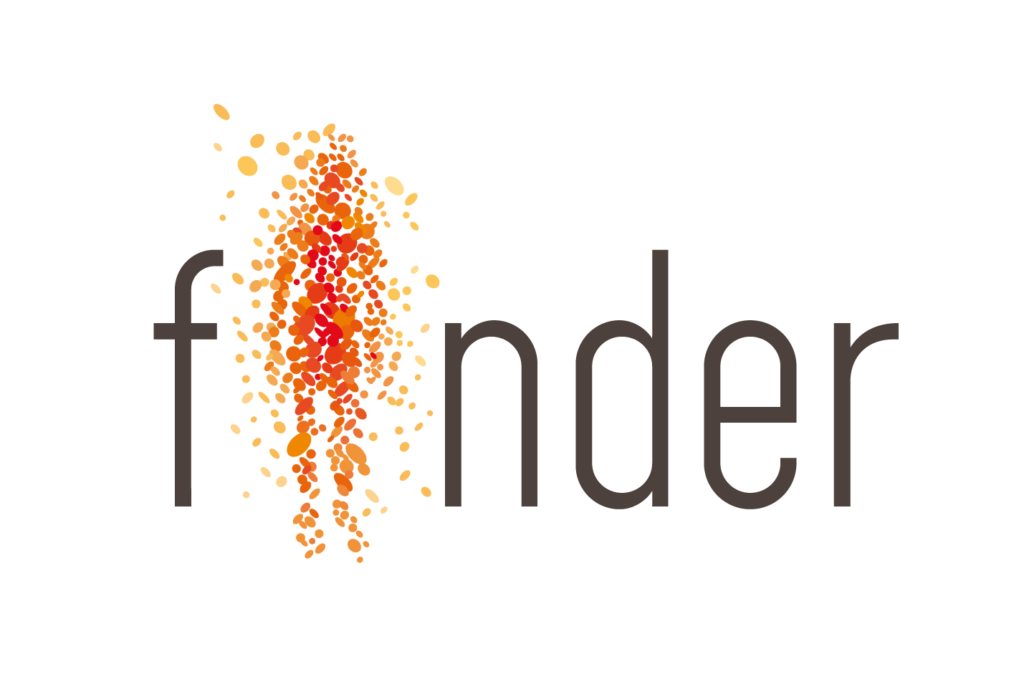Research & Projects

Peptide Mass Fingerprinting (ZooMS)
Collagen peptide mass fingerprinting (also known as ZooMS, or Zooarchaeology by Mass Spectrometry) is one of the two main methods in the analysis of ancient proteins, the second being shotgun proteomics. ZooMS is a biomolecular method for the taxonomic identification of collagenous remains, such as bone, teeth, ivory and leather.
While the taxonomic specificity of ZooMS is not as great as what genomic methods allow, the robust nature of collagen (it preserves better than DNA) and the time and cost efficiency of ZooMS, render it a great new tool in archaeological, anthropological and palaeontological studies.
FINDER is a 5-year research project (2017-2022) funded by the European Research Council. It aims at recovering, analysing and characterising new human remains, whether Denisovans, Neanderthals, modern humans, or others, from Pleistocene Eurasia over the past 200,000 years. It uses a novel combination of state-of-the art scientific methods in peptide mass fingerprinting (also known as ZooMS), ancient DNA, chronometric dating and stable isotope analyses.

